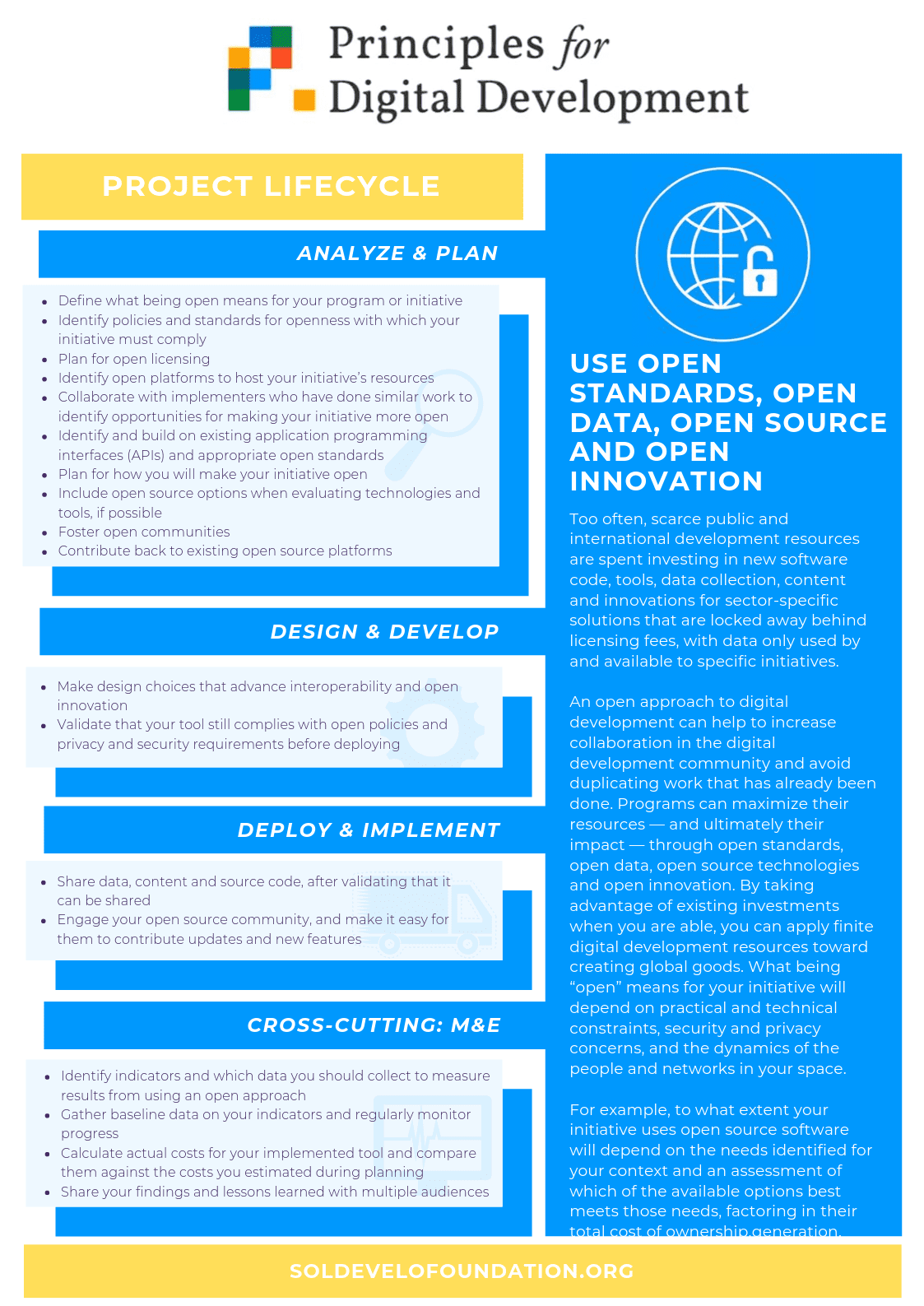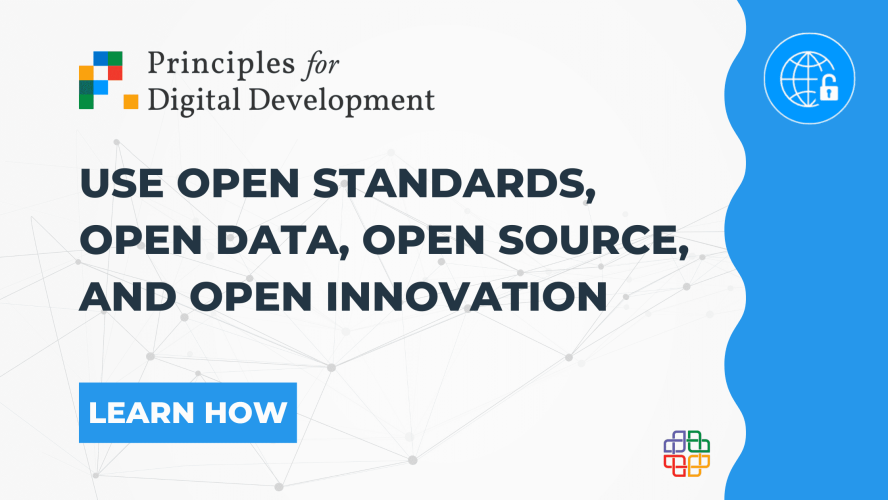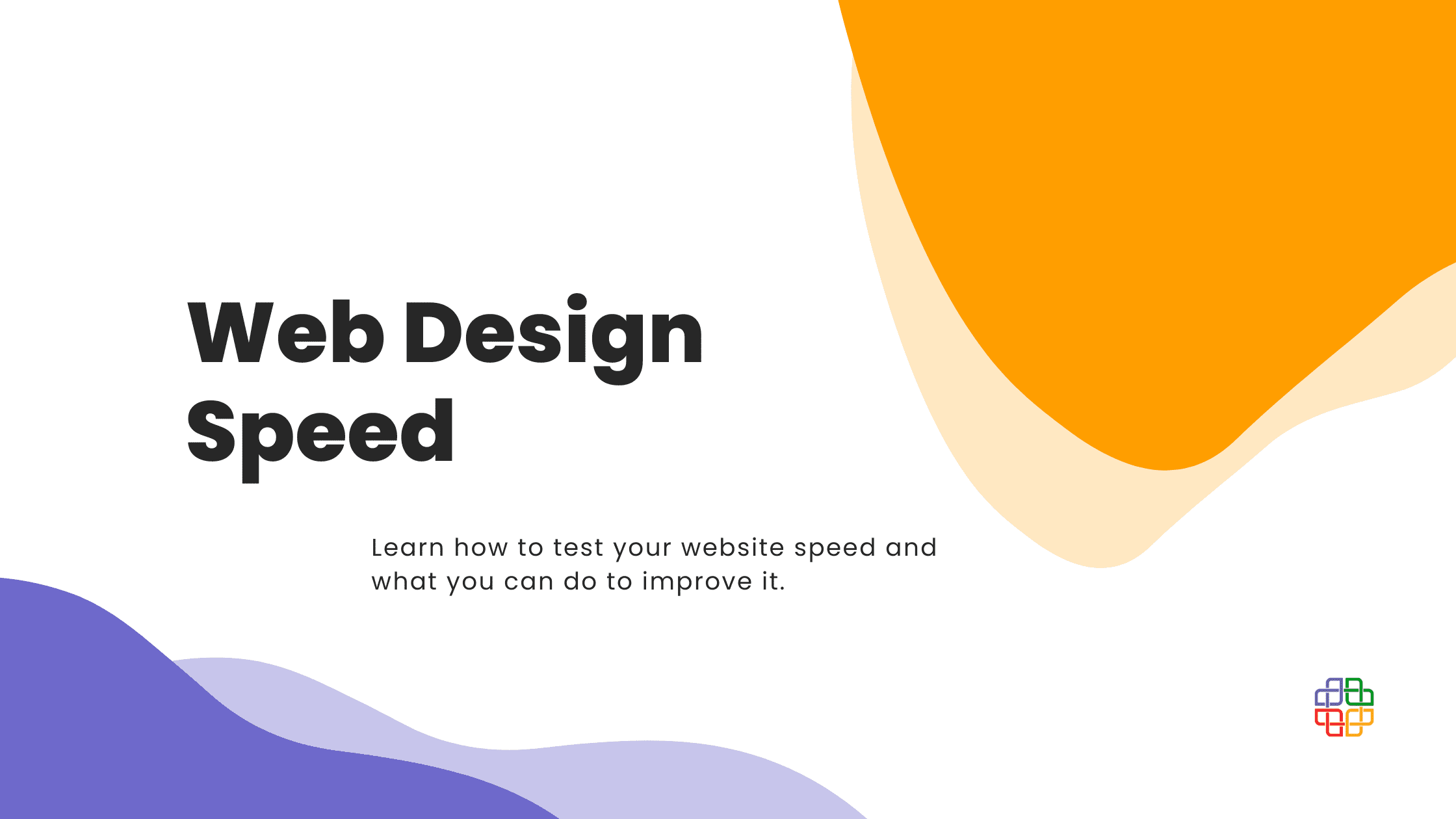The whole world of a non-profit organization has one common goal – make a world a better place. Many of them have different specializations and points of interest. But all of them are working towards the social change and improvement of living. That is why cooperation between them is so important. Unlike commercial institutions, they don’t have to compete against each other. There is one tool that can make their cooperation even more efficient – open data.
Open Standards, Open Data, Open Source and Open Innovation
The NGO environment has a great opportunity to take the best solutions from the open-source communities. Just like them, they can exchange their data, solutions, projects and ideas. Being open is showing to the world your successes and allowing everyone to use them for the good of others. Reports from your project can completely shift the perspective of the other initiatives. The data you’re going to find from the free and open sources can allow your project to change. Become better, more accurate and effective. Data is gaining a bigger and bigger role in our world, but we shouldn’t just limit ourselves to the information we are getting from our own sources. The nonprofits are creating reports that could change the world. So let’s use this data cooperatively and exchange it as much as we can.
Core Tenents
First of all, every organization should have an internal discussion about what does being “open” mean to its members. How they can cooperate with other organizations? What information they can share? What is the value, that they could bring to the outside world? How would it improve the world of non-profit organizations? We live in the world, where information has the most amount of power. Let’s think about how we can use it, to make the most amount of good with it. Don’t think only about the material things achieved by your initiatives and projects. The lessons you’ve learned along the way can be almost as important to the world of NGOs. Of course, various organizations can have a different context for their work. That is why you should carefully think about how you can be “open” and how much you can share with others.
There are already a lot of standards that are showing how to be open. Use them as much as you can. Also, the existing open platforms can give you a lot of data that can be useful for you. Different communities worked a lot on them, and they are showing their experiences. You don’t have to relive their mistakes but learn on their history and knowledge.
Analyze and Plan
Decide in your organization what “open” really means to you. But be sure that everyone in your initiative is on the same page. The best option, in this case, would be to write it down in your organizations’ standards. When you are going to do this, be careful. Remember to be sure that all of the information you want to share is protecting the safety and privacy. You always have to protect your data. But this is especially important when you want to make it open.
Before publishing any of your gathered information, research what kind of open licensing would be the best for your case. There are a lot of options to choose from. Be sure that one you want to choose is right for the context and environment you are working in. The same goes for the platform you want to publish your data. Take your time, and see if it is right for you. Remember that opening the data is just a first step. You have to be active in open communities, so they can thrive. Only this way, the effort you want to make will not die out with time. If an open community is active, you can be sure, that your data will be used by many other organizations and help make the world a better place.
The best way to make sure that you are doing all the right moves when going “open” is to collaborate with other organizations. Use their experience in this. They will help you learn and avoid all the mistakes that you could’ve done.
Design and Develop
When designing your project, remember, that you can always consult your choices with other communities, especially the open ones. Document every step you make, so it will be easier later to share your experiences with others. But also think about protecting the privacy and security of the information as well.
Deploy and Implement
During the implementation of your project, make sure that you are sharing the information about its progress and challenges with other communities. Make them learn with you. Also, the feedback they provide will allow you to make your project more flexible. Let your initiative evolve and change with the situation around you. Remember that to make the feedback from others valuable, you have to give them as much information and context as possible. A badly informed community will not be able to make their help effective.
Monitor and Evaluate
Check what data was collected by a similar project to yours. Also, check how it was collected. The international standards should help you with this earlier, but make sure that all organizations in your field are on the same page. This could also be a good opportunity for the innovation – maybe you’ll find something that should be measured, but wasn’t till this moment.
After collecting any data, be sure to review it. Not just by yourself, but with a whole team and, if it is possible, with open communities around this topic. And with people you were working for. Maybe showing them your data will provide some useful feedback. Checking the data you’ve collected is also a good opportunity to also measure how efficiently your budget was used. Maybe you’ll find out that method you’ve used is less expensive than the actions that were used earlier.
The Lifecycle of “Use Open Data”

To help you apply the “Use Open Data” Principle in your digital projects, the creators of the initiative provide a guide. You can find it here.
Continue your journey with the Digital Principles and read about the 7th one – “Reuse and Improve“:
Reuse and Improve | Principles for Digital Development
Learn to use Digital Principles in practice:
Digital Principles Organizational Self-Assessment
Digital Principles Indicator Library
Digital Principle-Focused Evaluation
The Principles For Digital Development: Gold Practices




